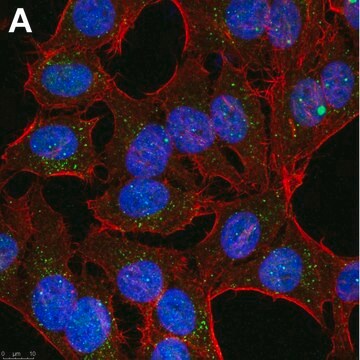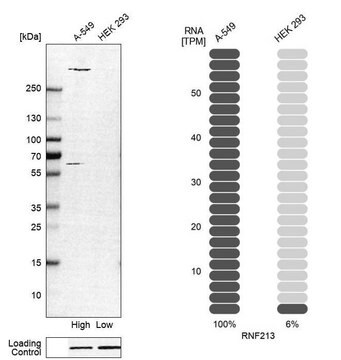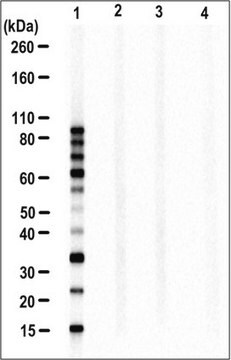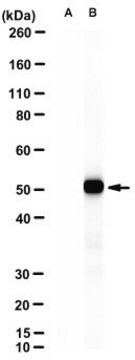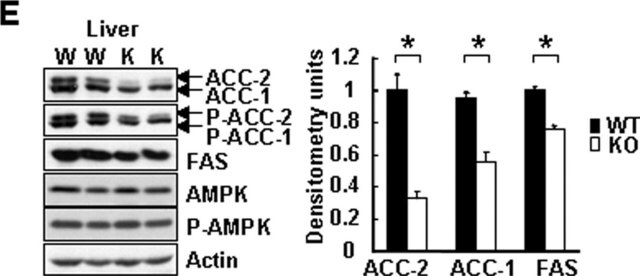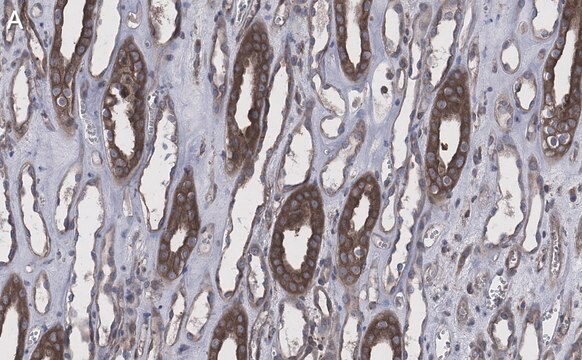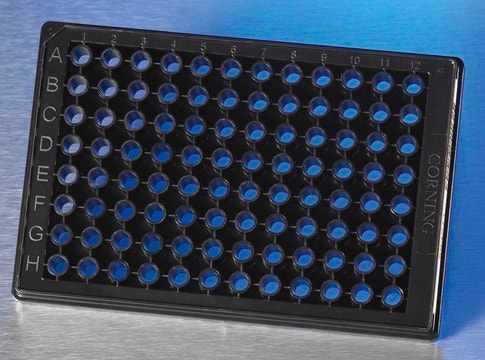MABC576
Anti-HOIL-1 Antibody, clone 2E2
clone 2E2, from mouse
Synonym(s):
RanBP-type and C3HC4-type zinc finger-containing protein 1, HBV-associated factor 4, Heme-oxidized IRP2 ubiquitin ligase 1, HOIL-1, Hepatitis B virus X-associated protein 4, RING finger protein 54, Ubiquitin-conjugating enzyme 7-interacting protein 3, HO
About This Item
Recommended Products
biological source
mouse
Quality Level
antibody form
purified immunoglobulin
antibody product type
primary antibodies
clone
2E2, monoclonal
species reactivity
mouse, human
technique(s)
immunocytochemistry: suitable
western blot: suitable
isotype
IgG1κ
NCBI accession no.
UniProt accession no.
shipped in
wet ice
target post-translational modification
unmodified
Gene Information
human ... RBCK1(10616)
General description
Specificity
Immunogen
Application
Apoptosis & Cancer
Apoptosis - Additional
Western Blotting Analysis: A representative lot detected HOIL-1 in mouse liver extracts (Tokunaga, F., et al (2009). Nat. Cell Biol. 11(2):123-132).
Western Blotting Analysis: A representative lot detected HOIL-1 in MEFs (Takiuchi, T., et al (2014). Genes Cells. 19(3):254-272).
Immunocytochemistry Analysis: A representative lot detected HOIL-1 in HeLa cells with or without Sendai virus (SeV) infection (Inn, K.S., et al. (2011). Mol Cell. 41(3):354-365).
Quality
Western Blotting Analysis: 2.0 µg/mL of this antibody detected HOIL-1 in 10 µg of THP-1 cell lysate.
Target description
Physical form
Storage and Stability
Other Notes
Disclaimer
Not finding the right product?
Try our Product Selector Tool.
Storage Class
12 - Non Combustible Liquids
wgk_germany
WGK 1
flash_point_f
Not applicable
flash_point_c
Not applicable
Certificates of Analysis (COA)
Search for Certificates of Analysis (COA) by entering the products Lot/Batch Number. Lot and Batch Numbers can be found on a product’s label following the words ‘Lot’ or ‘Batch’.
Already Own This Product?
Find documentation for the products that you have recently purchased in the Document Library.
Our team of scientists has experience in all areas of research including Life Science, Material Science, Chemical Synthesis, Chromatography, Analytical and many others.
Contact Technical Service